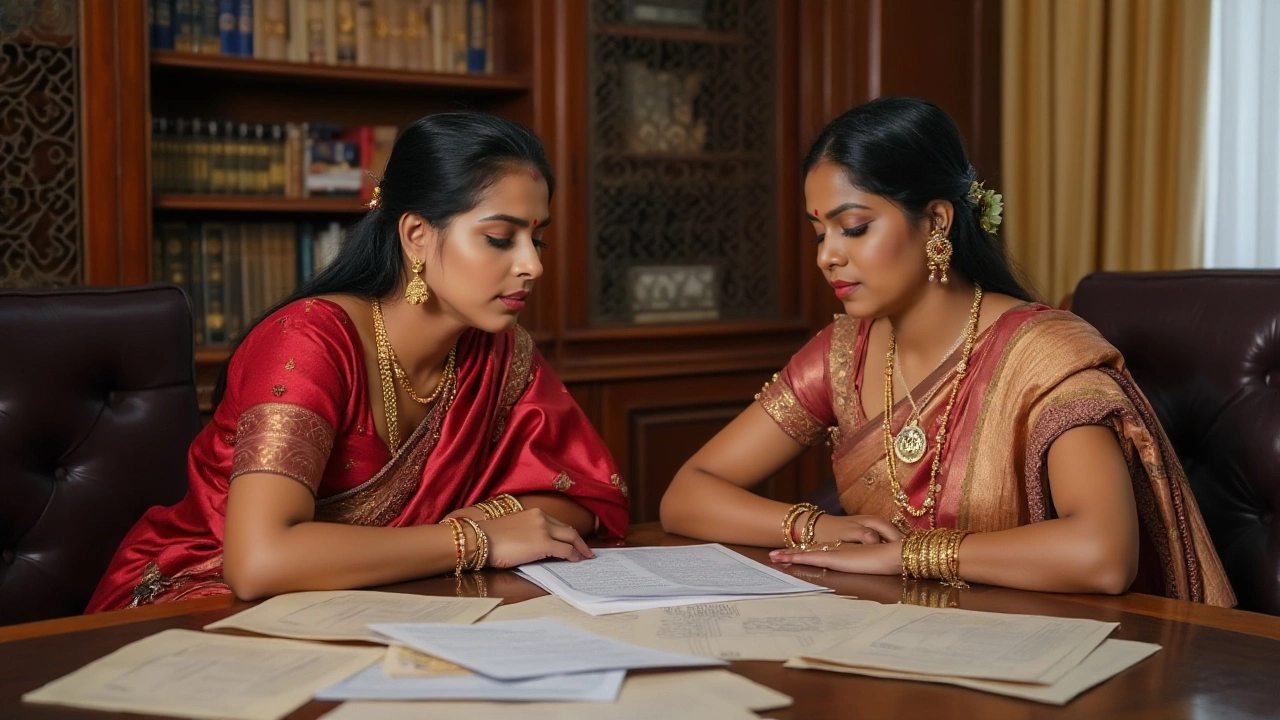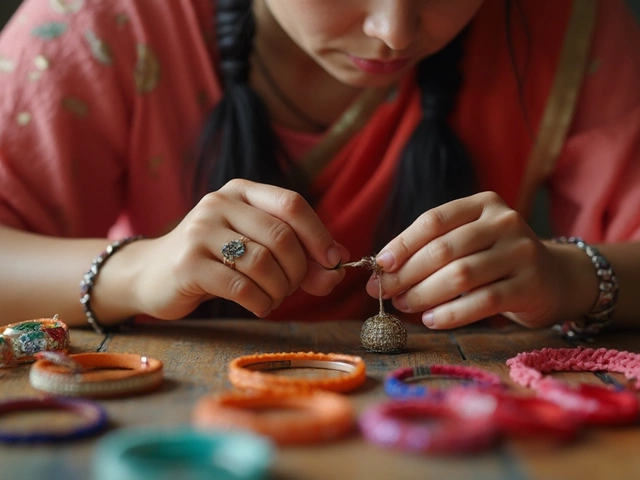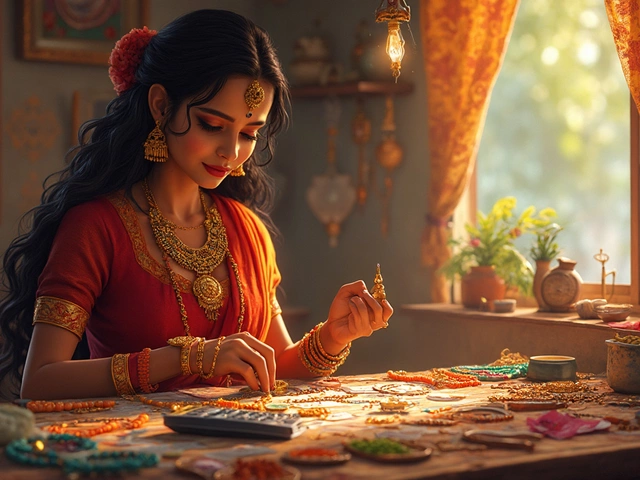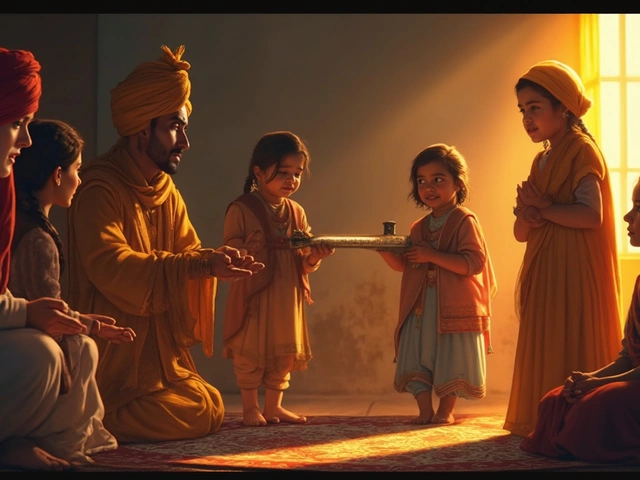Second Wife Inheritance: What You Need to Know Right Now
Got married a second time and wondering what happens to the family property if something unexpected occurs? Indian inheritance law can feel like a maze, especially for a second wife who may face extra hurdles. Let’s break down the basics, clear up the myths, and give you a simple action plan.
Legal Framework That Governs a Second Wife’s Share
The Hindu Succession Act (HSA) and the Indian Succession Act are the main laws that decide who inherits what. If you’re married under Hindu law, the second wife is treated the same as the first wife when it comes to a husband’s assets that are classified as “self‑acquired.” That means she gets an equal share of the property after the husband’s death, alongside the first wife and children.
Things get trickier with “ancestral” or “coparcenary” property, which belongs to the broader family. In most cases, a second wife does not inherit such land unless the husband specifically gifts it to her before he passes away. A written will can override the default rules, so drafting one is a smart move.
Courts have also started recognizing the right of a second wife to claim maintenance under Section 125 of the Criminal Procedure Code. While maintenance isn’t exactly inheritance, it ensures she isn’t left without income while the legal process unfolds.
Practical Steps to Secure Your Share
First, talk openly with your husband about his assets. Ask for a list of self‑acquired property, bank accounts, and investments. Knowing what’s out there helps you plan the best way to protect your interests.
Second, push for a legally valid will. A will that names you as a beneficiary removes a lot of guesswork. Make sure the will is signed by the husband, two witnesses, and, if possible, notarized. This reduces the chance of it being contested later.
Third, consider a gift deed. If your husband wants to give you a piece of land or a house before his death, a registered gift deed makes the transfer official and immune to future disputes.
Fourth, keep your own financial documents up to date. Store copies of the marriage certificate, your husband’s property papers, and any written agreements in a safe but accessible place. If the original documents are lost, the backup can save you a lot of hassle.
Finally, consult a lawyer who specializes in succession law. A quick legal check can point out hidden pitfalls—like the impact of joint family disputes or state‑specific rules—that you might miss on your own.
Remember, timing matters. Acting early—while both partners are healthy—gives you the most control. Waiting until a crisis hits can limit options and increase stress.
In short, a second wife does have inheritance rights under Indian law, but those rights depend on the type of property and the presence of a clear will or gift. Stay informed, get paperwork in order, and seek professional advice to keep the process smooth.
Feeling more confident? Use these steps as a checklist and start the conversation today. Your future self will thank you for the effort you put in now.
Understanding Inheritance for Second Wives and Mangalsutra Designs
In the realm of inheritance, understanding what the second wife is entitled to when her husband passes away is crucial. Many factors play a role, including local laws, cultural practices, and the presence of wills or prenuptial agreements. Additionally, mangalsutra designs hold cultural significance and can symbolize the marital status and heritage for the second wife. This article explores both the legal aspects of inheritance for second wives and the cultural importance of mangalsutra designs in this context.





